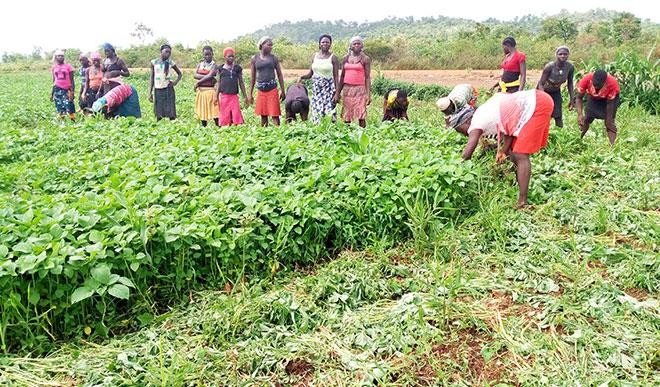Why ginger production is in danger in Nigeria-Don
An associate professor with the Faculty of Agriculture, Federal University Wukari in Taraba State, Banake E. Sambo has said poor road networks; lack of improved means of transportation to major markets, epileptic power supply and water for easy movement of goods and services are major challenges constraining ginger production in Nigeria. He said this in […]


An associate professor with the Faculty of Agriculture, Federal University Wukari in Taraba State, Banake E. Sambo has said poor road networks; lack of improved means of transportation to major markets, epileptic power supply and water for easy movement of goods and services are major challenges constraining ginger production in Nigeria.
He said this in a paper presentation at the first international ginger business development and investment summit, organized by TAK Integrated Agriculture Solutions Limited (TAK-IASL) in collaboration with the Ginger Growers Association and Ginger Off-takers Association. Banake at the summit themed: ‘The Development of Ginger Value Chain in Nigeria,’ also identified lack of mechanization of farm operations as a challenge; saying, production is still largely done using traditional crude implements as the hoe.
The farmers, according to him, need modern farm implements to enhance their productivity.
“Lack of tractors and other machines for laborious land preparations and harvesting operations limits the hecterage of land put under cultivation. Also, farmers lack modern processing machines for washing, peeling, splitting and drying kilns among others. For instance, farmers split harvested ginger rhizomes manually with local knives,” he said.
He commended the former governor of Kaduna state, Alhaji Balarabe Musa for establishing the Kachia Ginger Processing Industry in the 1980’s; saying the industry ‘’produced 80 tonnes of oleoresin, four tonnes of oil and 100 tonnes of powder annually as at 2000, but it closed down a few years after.”
